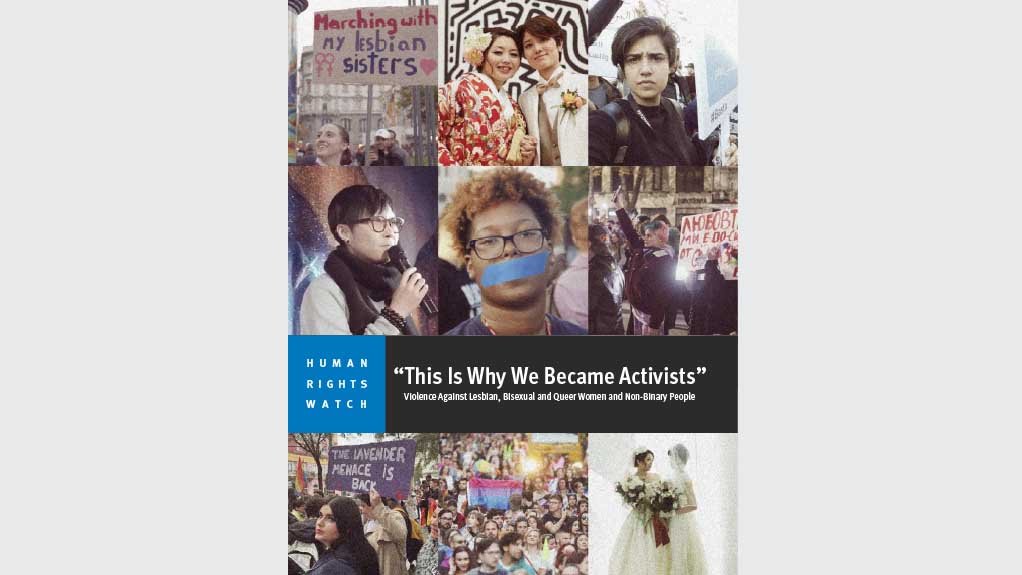- Human Rights Watch19.27 MB
In June 2021, Amani’s girlfriend ended their relationship. Amani told Human Rights Watch that for months prior to the breakup, her girlfriend’s parents had been “refusing to let her leave the house” and “pushing her to marry a man.” They ultimately succeeded, and the woman left Amani. Amani said it was “not the first” time in her life that a woman left her due to “the simple, disturbing fact that because I am not a man, I am not a good enough partner for the woman I love.”
While speaking to Human Rights Watch, Amani only mentioned Tunisia’s well-documented, violent treatment of lesbian, gay, bisexual, and transgender (LGBT) people once. Most of the conversation was about her writing and her love life.
Amani knows that as a lesbian, she is at risk of physical violence, sexual harassment, and arbitrary arrest by police in Tunisia. In fact, she has experienced all three of these abuses. However, despite having received significantly less attention from the media and NGOs around the world, coercive marriage practices also harm queer women’s rights, freedoms, and opportunities for joy, in direct violation of international human rights laws that protect the right to free and full consent to marriage. According to Amani, the queer women she knows have “either been coerced into marrying a man or been broken up with by a girlfriend who was coerced into marry a man. It’s everywhere. It’s the backdrop to our lives.”
Her words echoed stories told to Human Rights Watch by other lesbian, bisexual, and queer (LBQ+) people around the world affected by marriages to men they did not want to enter or cannot leave, including in Indonesia, Malawi, and Kyrgyzstan. Liliya, the founder of an LBQ+ organization in Kyrgyzstan, was forced to marry a man by her parents at age 19. Asante, a lesbian in Malawi, has been physically assaulted twice by the husband of her bisexual partner, a woman who wants, but does not have the money to get, a divorce. Dali, a bisexual youth activist in Indonesia, says her community has lost “dozens of queer women mentors who are pressured into marrying men.”
Report by the Human Rights Watch
EMAIL THIS ARTICLE SAVE THIS ARTICLE ARTICLE ENQUIRY
To subscribe email subscriptions@creamermedia.co.za or click here
To advertise email advertising@creamermedia.co.za or click here











